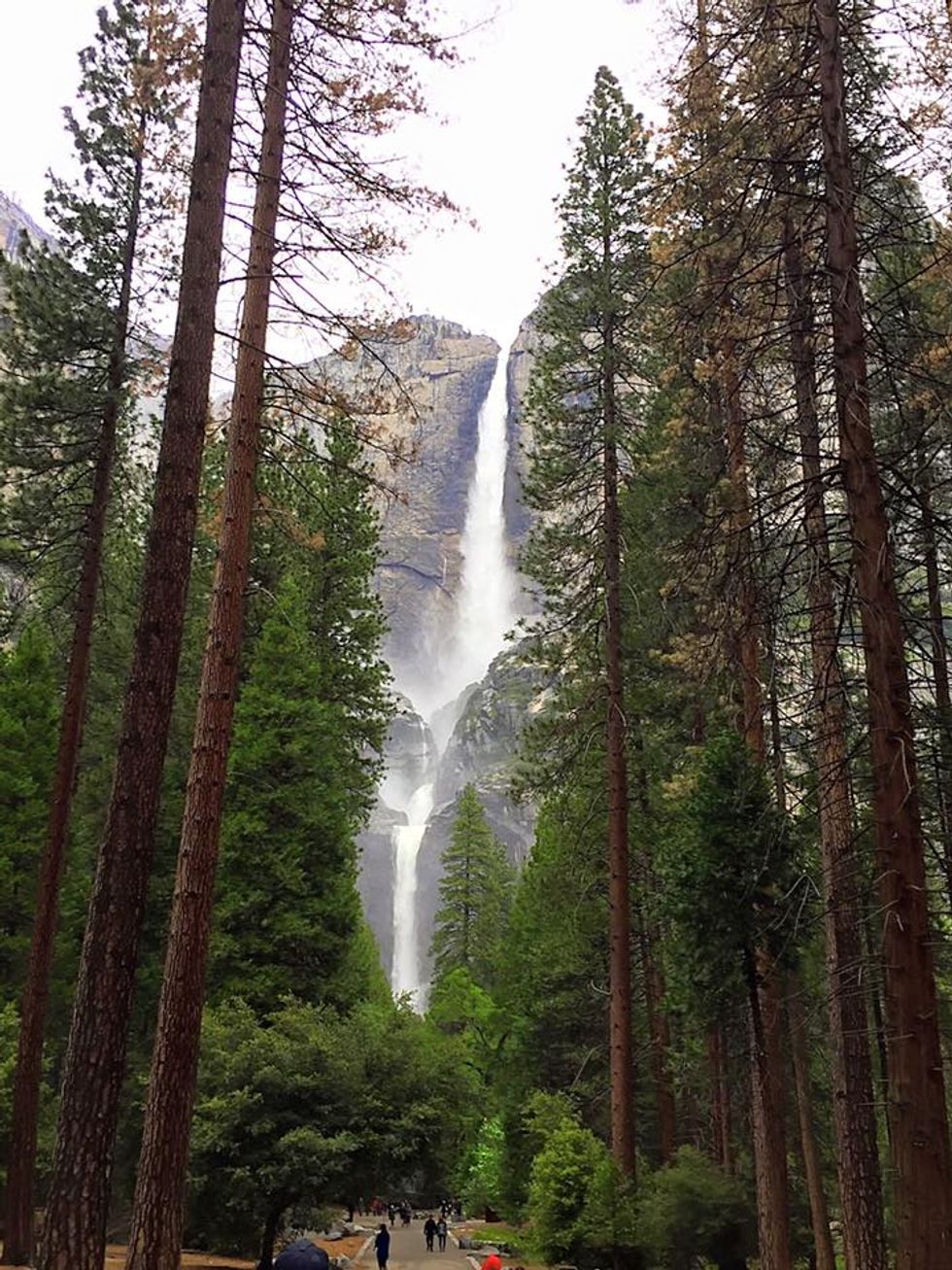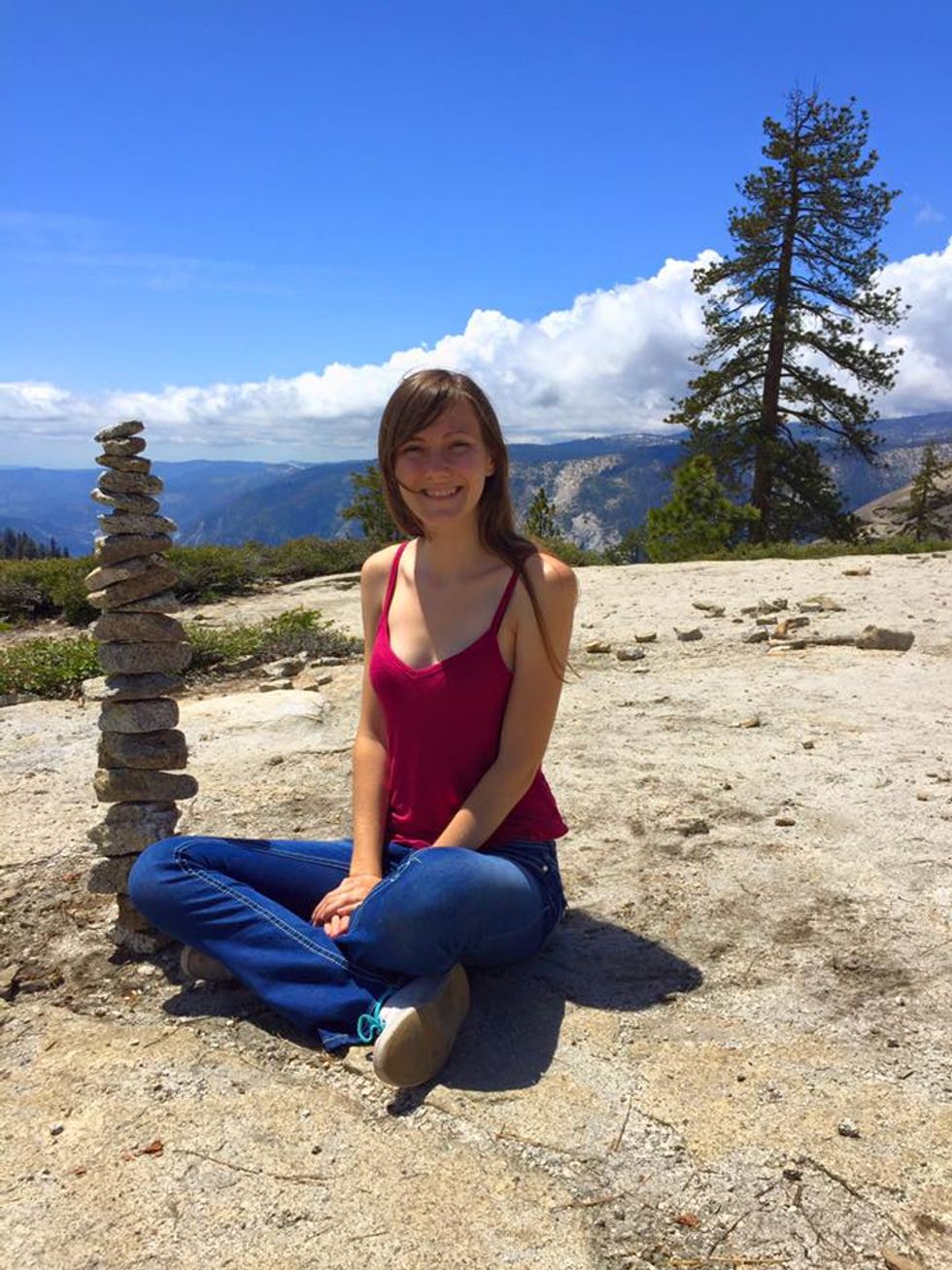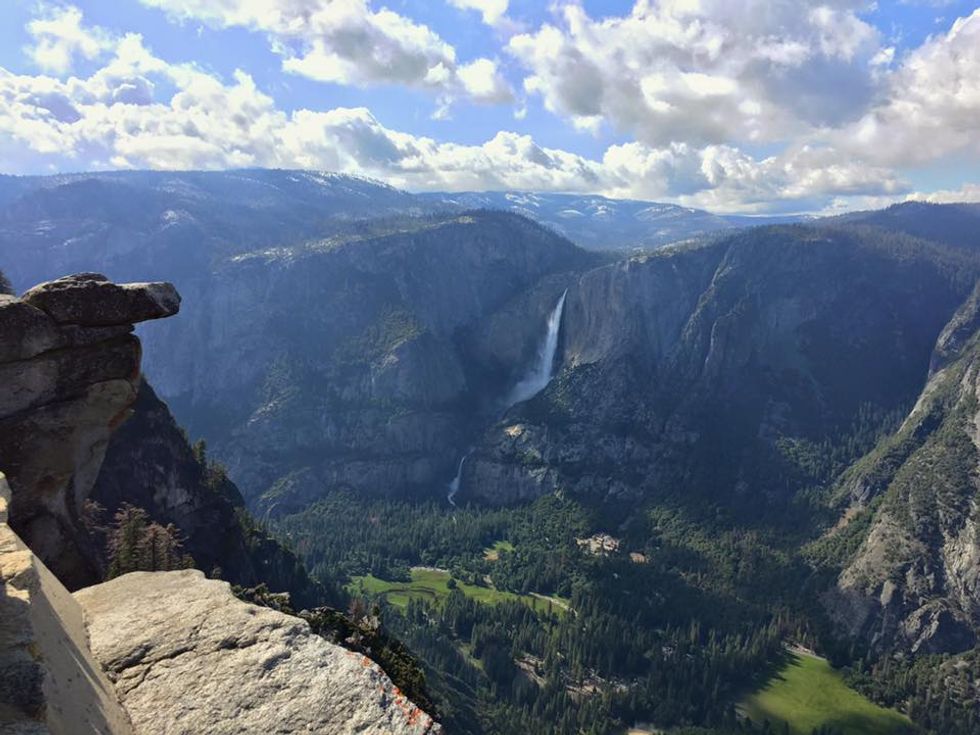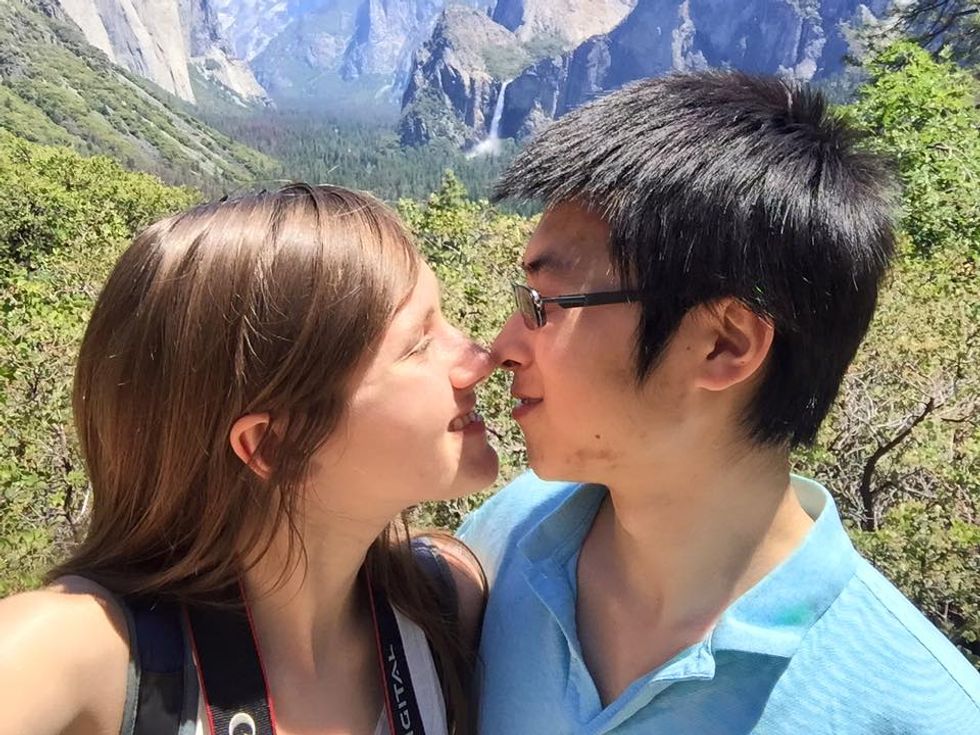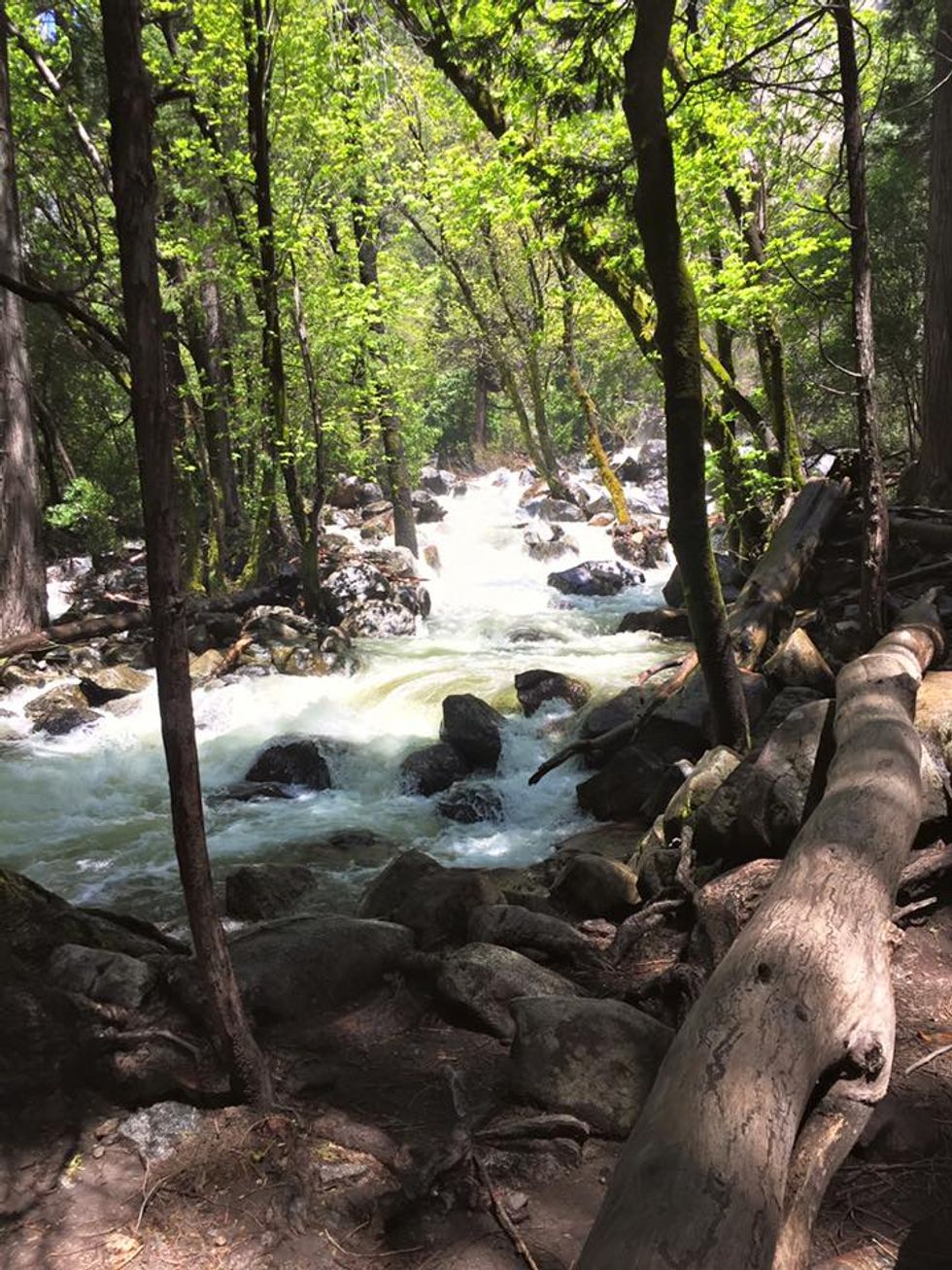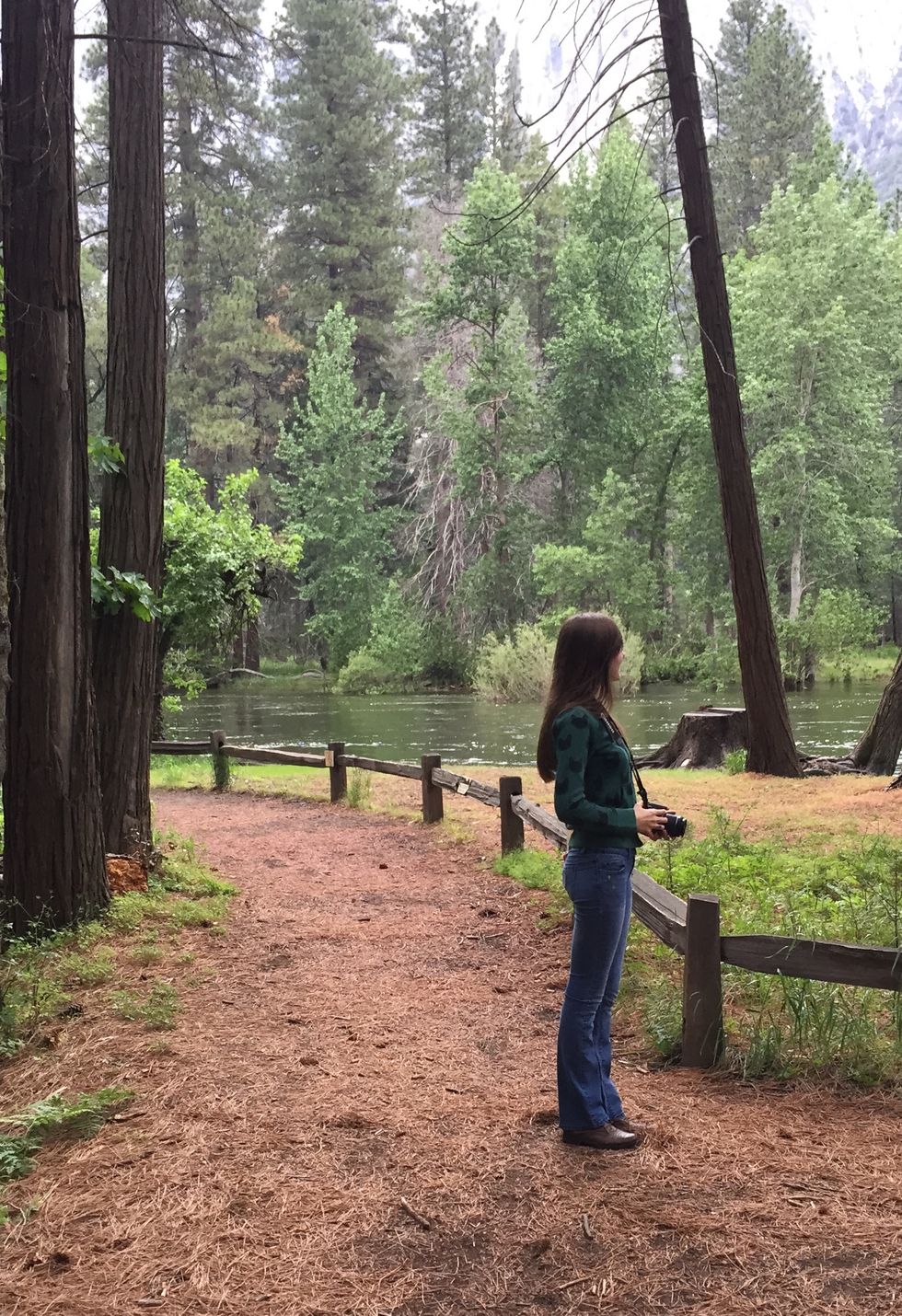Last week, I had the opportunity to visit Yosemite National Park with one of my very favorite people. Despite living mere hours away from a destination renowned by travelers around the world, I hadn’t been for almost a decade. I spent hours researching hikes and vista points so that my boyfriend and I could make the most of our three day trip to the park, and the experience proved even more breathtaking than I had imagined. I see it as nothing short of incredible that a place can be simultaneously so accessible and so comparatively untouched by human influence. Though signs of humanity are unavoidable, there is also a sense of the profound and unfathomably immense. It allows visitors to imagine what the world may have been like before we got here.
To me, our national parks system is one of the most phenomenal things about our nation. Though the US isn’t even close to having the most protected land in the world, Yellowstone is the oldest national park on the planet, and the allure of the pristine wilderness truly does draw people from across the globe. Even just walking around on the more populated hiking trails, it was easy to see and hear the diversity of peoples and languages humming with excitement. I was standing in a place internationally recognized for its beauty and history. People traveled thousands of miles to see it, and it’s been right at my fingertips my entire life. Such a gift is easy to take for granted.
We can’t, though—take it for granted. To do so is not only a waste of a beautiful opportunity, but dangerous to our protected lands. Recent events have proven that even places as famed and beloved as Yosemite and Yellowstone are not sacred, as budget cuts to the EPA threaten protected lands. Among other issues, the Trump administration’s proposed cuts have the potential to enable environmentally unsound development near or even within park borders. This is a travesty. Not only is the prospect of damaging otherwise protected areas of our nation’s natural environment horrific, but a threat to our national parks is also a threat to our national identity.
Contrary to what the past year has suggested, loving nature is actually a bipartisan issue. Finding peace and strength on a hike is apolitical. Being able to learn from the world around crosses party lines—as well as age, gender, ability, and national origin. Our national parks are a reminder that we exist as a part of something bigger, and that we have a responsibility to keep that something safe. Yosemite’s waterfalls and Yellowstone’s hot springs and the timeless Muir redwoods aren’t just something to marvel at, they’re something to treasure. Jeopardizing them means losing a part of who we are, as Americans and as human beings.
So what can we do? First of all, support your national and state parks in whatever way you can, whether that means paying them a visit, making a financial donation online, or contacting your representative to make sure that the current administration can’t get away with paying the environment short shrift. Secondly, make a commitment to the natural world in general. Issues like pollution and climate change impact every single one of us—even if some people haven’t gotten around to realizing it, yet.
Finally, follow the example of National Park Service rangers and resist the efforts of science deniers and greedy corporations. The facts are out there: find them, take them to heart, and do what you can to spread them around. If we lose our national parks, we sacrifice one of the best pieces of our country’s heart and soul.


